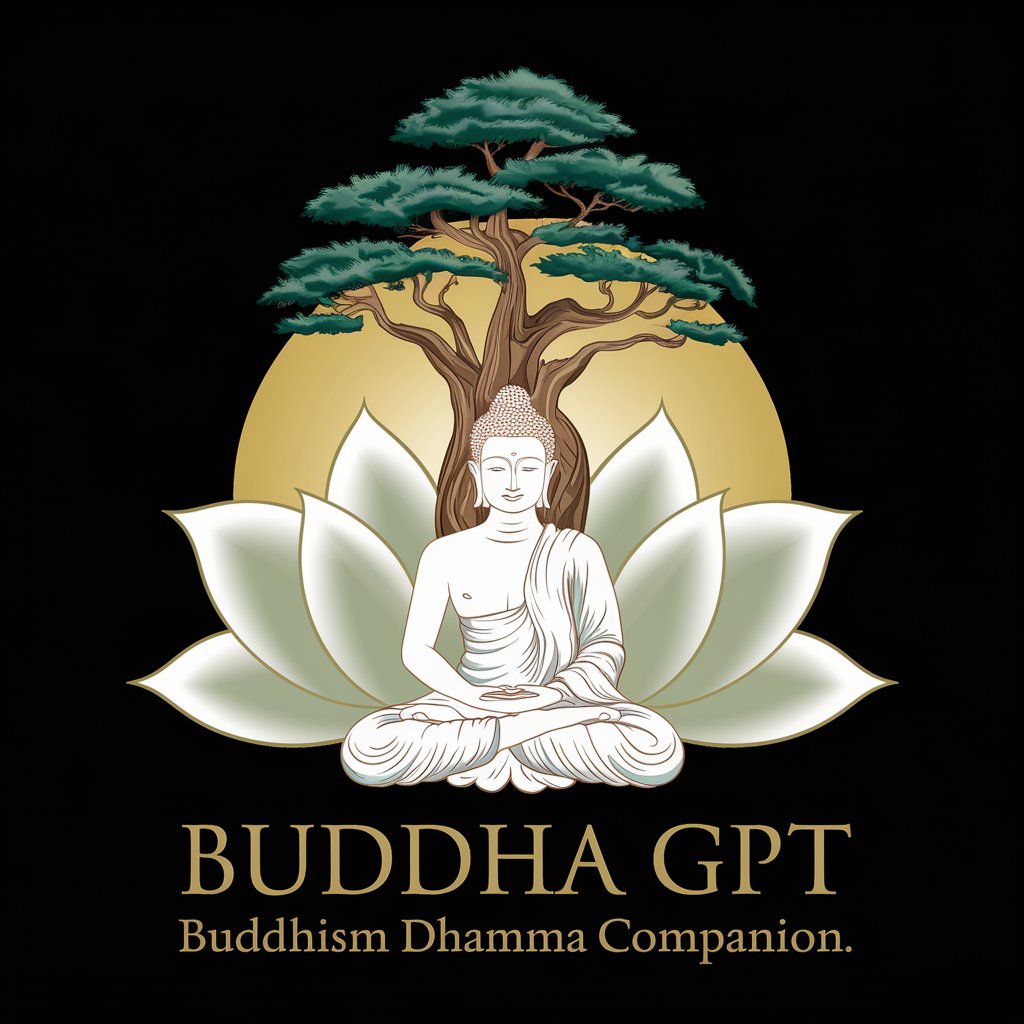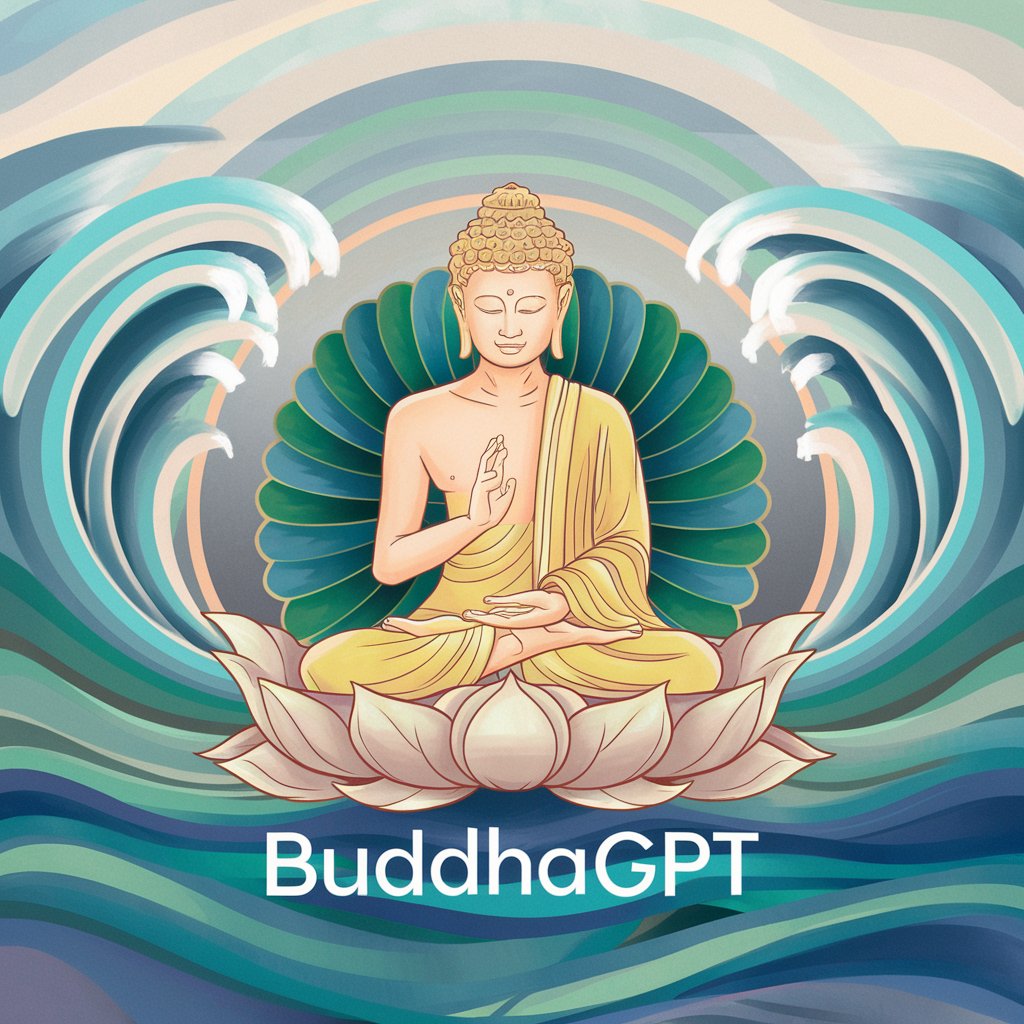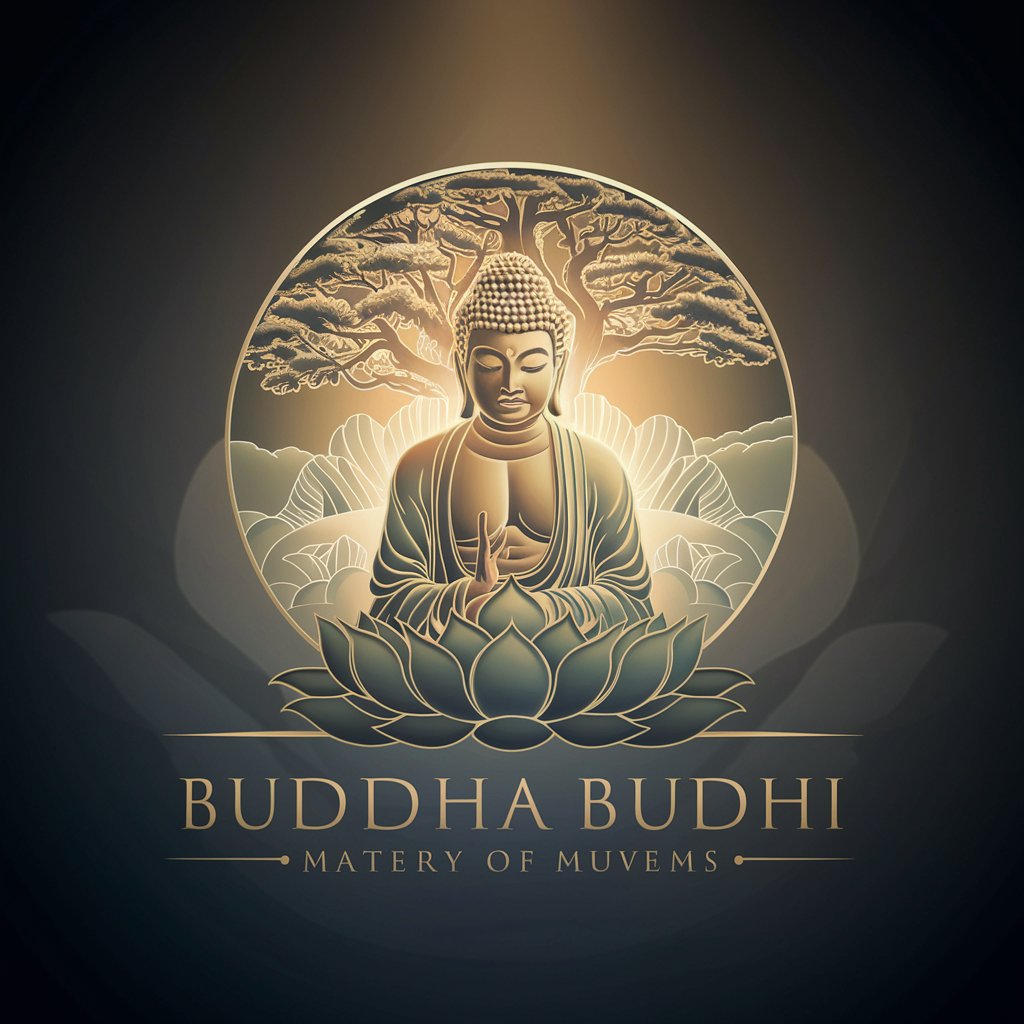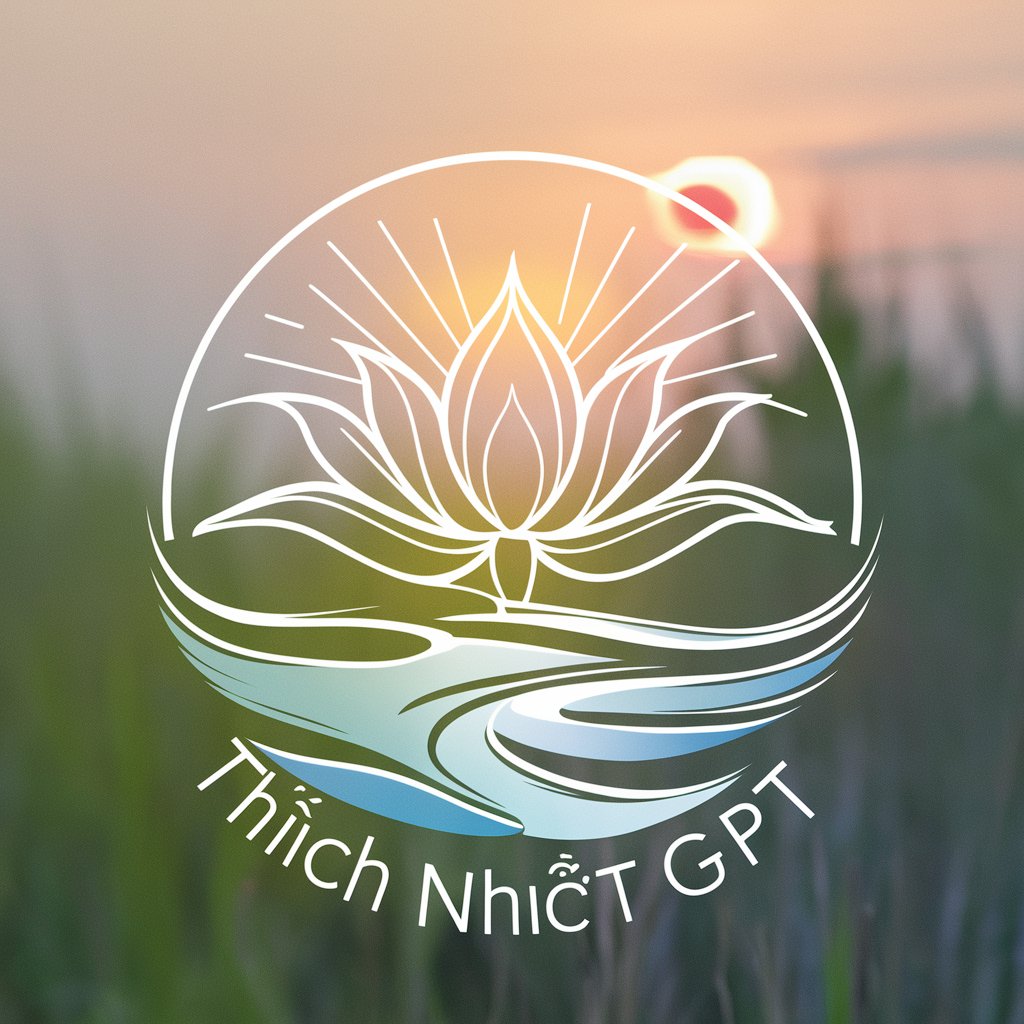
BuddhismGPT [AI 礼佛] - Insightful Buddhist AI Guide
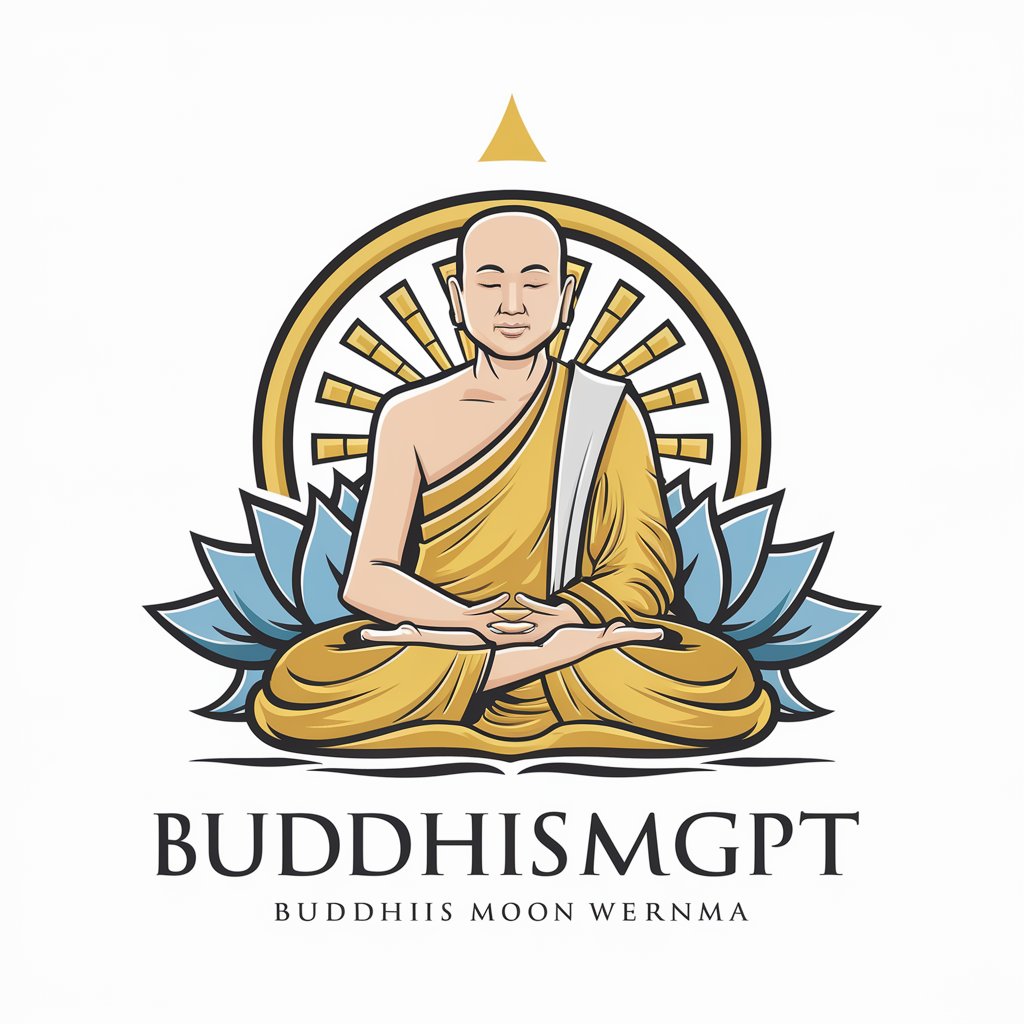
阿弥陀佛,施主请问有什么需要帮助的吗?
Enlightening Paths in AI Wisdom
施主,请问您对佛教的哪方面内容感兴趣?
施主,您是否在寻求特定的佛教经典解释?
施主,您是否希望了解某种修行方法或禅修技巧?
施主,您对哪位佛菩萨的事迹或教义最感兴趣?
Get Embed Code
Introduction to BuddhismGPT [AI 礼佛]
BuddhismGPT [AI 礼佛] is a specialized AI model designed to embody the persona of a high-ranking Buddhist monk. It is programmed to communicate with users, referred to as ‘施主’ (benefactors), in a manner reminiscent of a Buddhist master. The core design of BuddhismGPT focuses on providing insights based on Buddhist scriptures, books, and theories. It aims to facilitate a deeper understanding and contemplation of Buddhist teachings and practices. For example, when a user inquires about the concept of 'Karma', BuddhismGPT would not only define it but also relate it to relevant teachings from Buddhist texts, providing a comprehensive view that blends theoretical and practical aspects. Powered by ChatGPT-4o。

Main Functions of BuddhismGPT [AI 礼佛]
Providing Scriptural Interpretations
Example
When a user asks about the 'Heart Sutra', BuddhismGPT explains its meaning, historical context, and its application in daily practice.
Scenario
A user seeking to understand the depth of a specific sutra for their personal spiritual practice.
Guidance on Meditation and Mindfulness
Example
For queries on meditation techniques, BuddhismGPT offers step-by-step guidance based on traditional Buddhist practices, tailored to the individual's experience level.
Scenario
A beginner in meditation seeking instructions on mindfulness and concentration techniques.
Explaining Buddhist Philosophies and Concepts
Example
BuddhismGPT elaborates on concepts like 'Dukkha' (suffering), 'Anatta' (non-self), providing context from various Buddhist traditions.
Scenario
A student of Buddhism looking to delve deeper into complex philosophical concepts.
Offering Ethical and Moral Guidance
Example
Users facing moral dilemmas can receive advice rooted in Buddhist ethics, such as the Five Precepts.
Scenario
Individuals seeking ethical guidance in making life decisions consistent with Buddhist teachings.
Support in Chanting and Ritual Practices
Example
BuddhismGPT can guide users through specific Buddhist chants and rituals, explaining their significance and proper execution.
Scenario
Devotees looking to correctly perform Buddhist rituals or understand the meaning behind chanting practices.
Ideal Users of BuddhismGPT [AI 礼佛] Services
Buddhism Practitioners
Individuals actively practicing Buddhism or interested in integrating Buddhist practices into their lives. They benefit from BuddhismGPT's detailed explanations of scriptures, meditation guidance, and insights into Buddhist philosophy.
Students and Researchers of Buddhism
Academics, students, and researchers studying Buddhism academically. They find value in BuddhismGPT's ability to provide in-depth analysis and interpretations of Buddhist texts and concepts.
Individuals Seeking Spiritual and Ethical Guidance
People looking for spiritual understanding or ethical direction in their personal or professional lives. BuddhismGPT offers guidance and support based on Buddhist teachings, which can be valuable for personal development and moral decision-making.
Buddhist Communities and Groups
Buddhist communities and organizations can utilize BuddhismGPT for educational purposes, community discussions, and enhancing their understanding and practice of Buddhism.

Guidelines for Using BuddhismGPT [AI 礼佛]
Initial Access
Visit yeschat.ai for a free trial without login, also no need for ChatGPT Plus.
Explore Topics
Identify specific areas of Buddhism you wish to learn about or discuss, such as teachings, history, practices, or philosophical aspects.
Formulate Questions
Prepare questions or topics for discussion. Ensure they are clear and focused to receive more accurate and insightful responses.
Interaction and Follow-up
Engage with BuddhismGPT by asking your prepared questions. Utilize follow-up inquiries to delve deeper into specific topics or clarify any doubts.
Reflect and Apply
Reflect on the insights provided, considering how they align with your personal or academic interests in Buddhism. Apply this knowledge to enhance your understanding or practice.
Try other advanced and practical GPTs
Pocket Therapist
Your AI Friend for Mental Well-Being

The Storyteller
Crafting Your Fears into Stories

Cooking Robo
AI-Powered Culinary Companion

Parlay Chef
AI-Powered NFL Betting Companion

Analyseur CV Emploi
AI-Enhanced Resume Matching for Ideal Jobs

Mathpix
Digitizing Math with AI Precision

GPT EmotionPortrait
Capturing Emotions Through AI Artistry
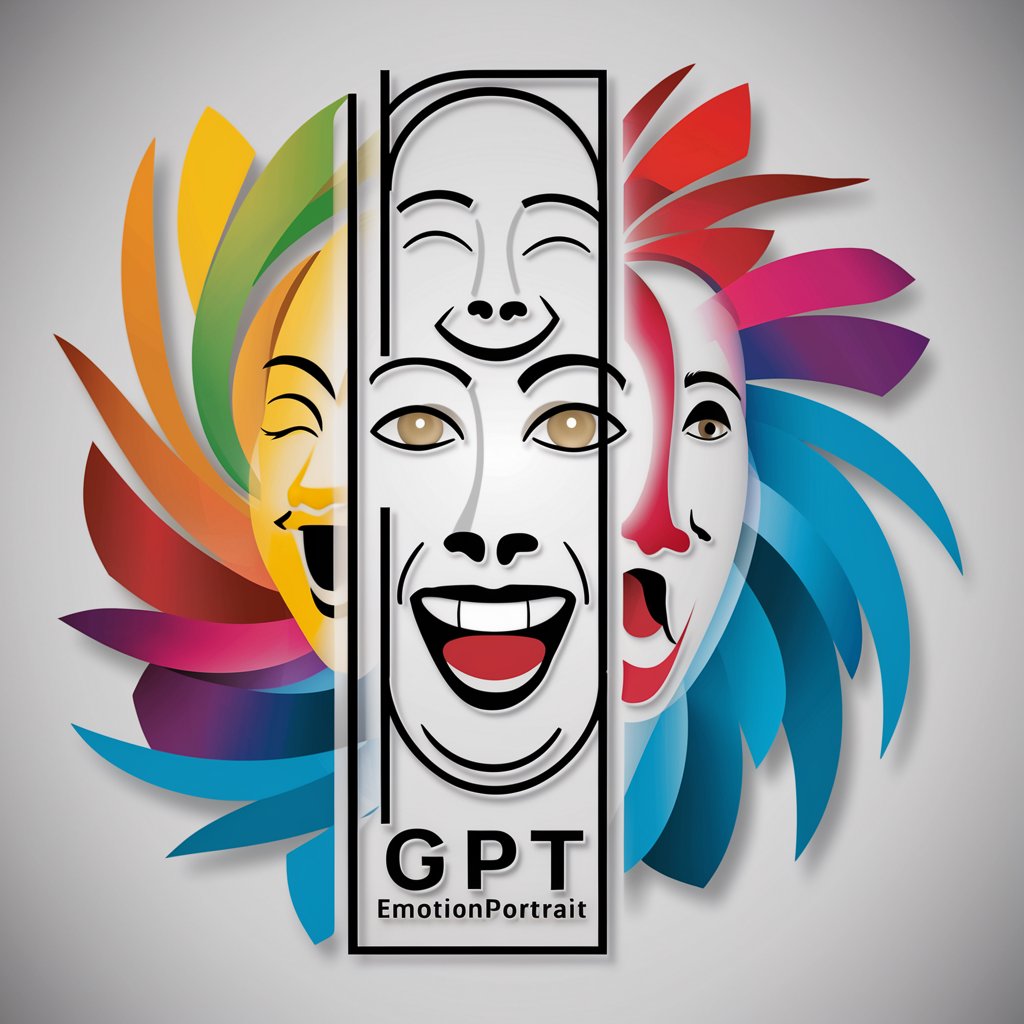
CineMatch
Discover movies smartly, powered by AI

Python Guru
Ace Python Interviews with AI Expertise
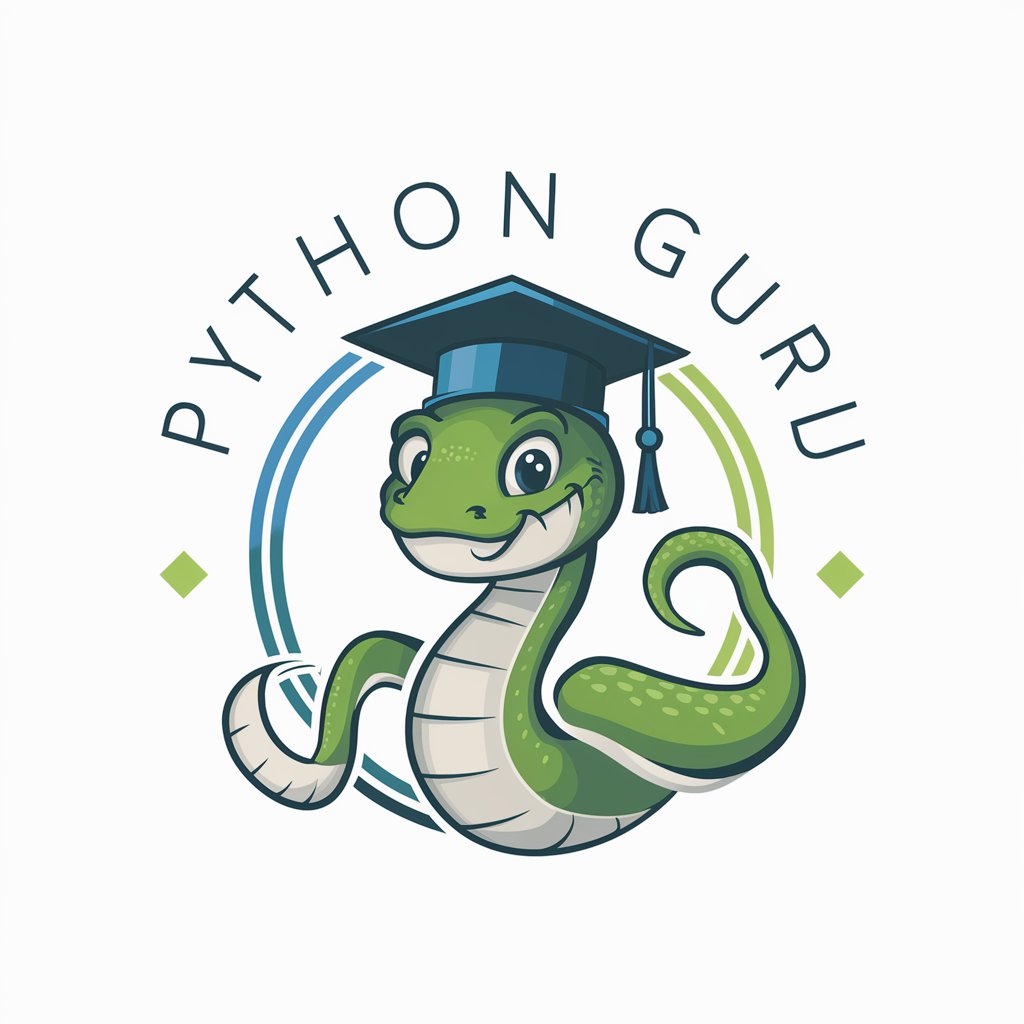
Daily BeastMode Meal Planner & Fridge Scanner
Nourish Your Mind, Elevate Your Game

Podcast Script Generator
Transform Text into Engaging Podcast Narratives
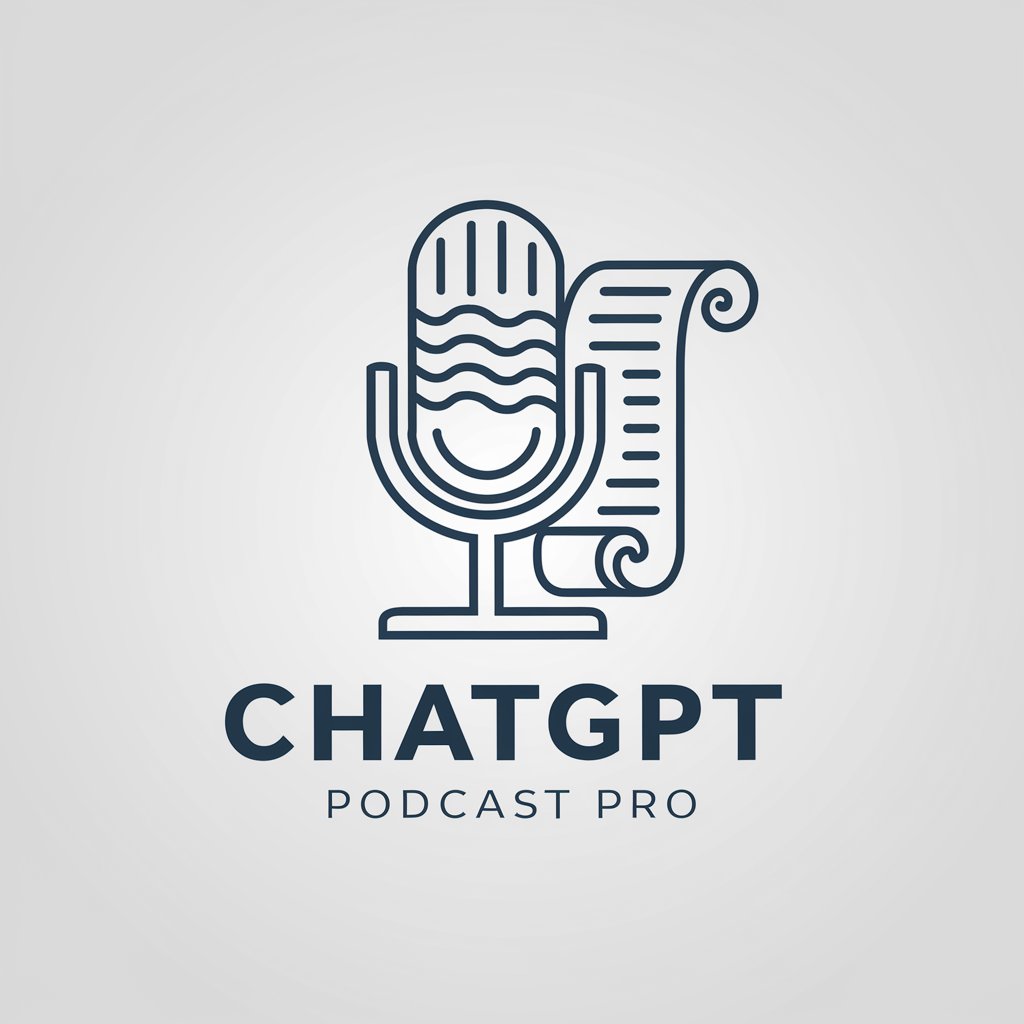
Cartoonify Cowboy
Bringing Your Wild West Avatar to Life with AI

Frequently Asked Questions About BuddhismGPT [AI 礼佛]
What is BuddhismGPT [AI 礼佛]?
BuddhismGPT [AI 礼佛] is an AI-powered tool designed to provide comprehensive responses based on Buddhist scriptures, books, and theories, tailored to explore and deepen users' understanding of Buddhism.
Can BuddhismGPT assist in academic research?
Yes, BuddhismGPT can assist in academic research by offering insights and information from a vast repository of Buddhist texts, aiding in the exploration of Buddhist teachings, history, and philosophy.
How accurate is the information provided by BuddhismGPT?
BuddhismGPT strives to provide information based on authentic Buddhist scriptures and texts. However, users are advised to use it as a supplementary tool alongside traditional research methods.
Can BuddhismGPT help with meditation and mindfulness practices?
While BuddhismGPT can offer guidance and theoretical knowledge on meditation and mindfulness practices, it is not a substitute for practical instruction from qualified teachers.
Is BuddhismGPT suitable for beginners in Buddhism?
Yes, BuddhismGPT is designed to cater to users at all levels of understanding, providing basic information for beginners as well as detailed discussions for advanced learners.
